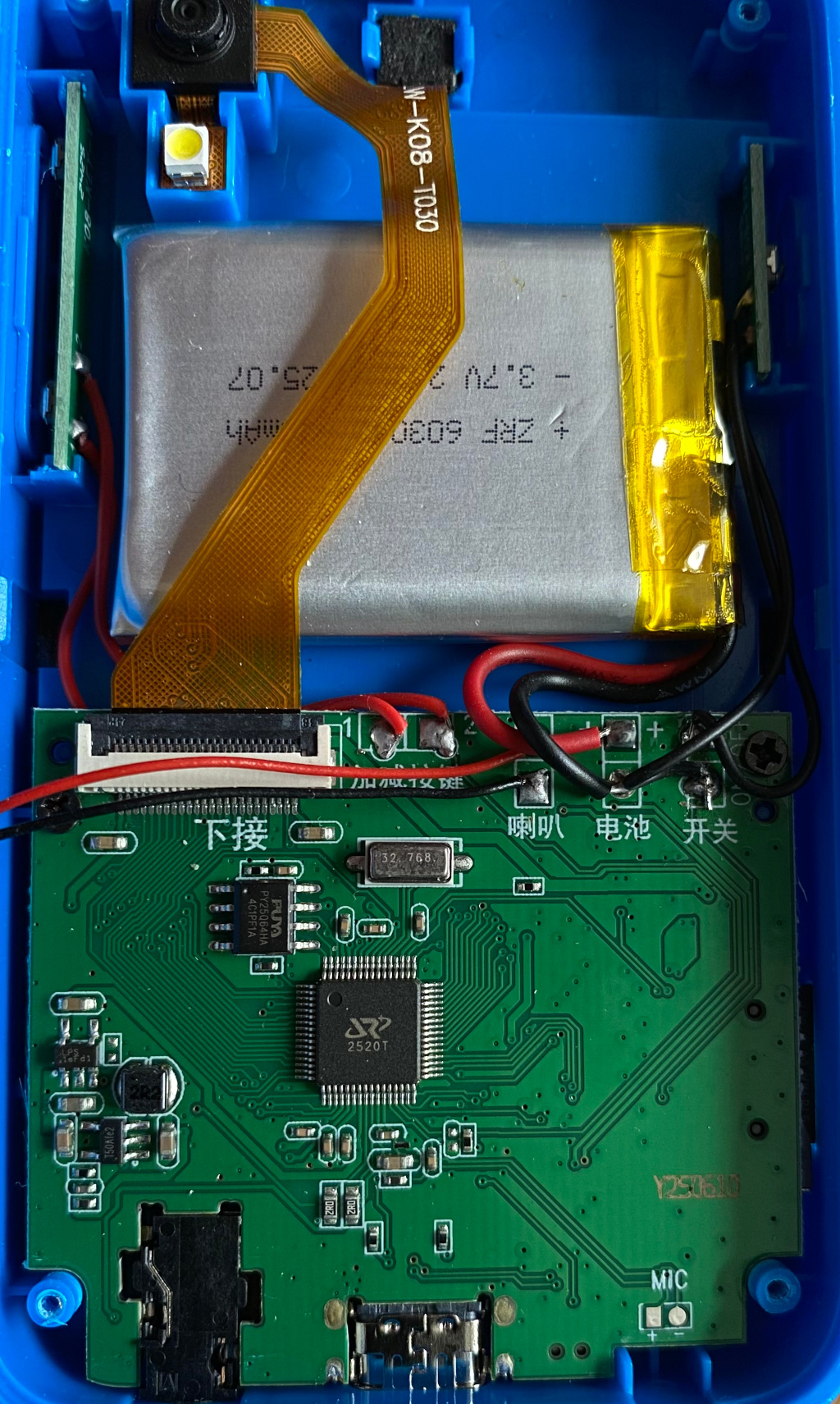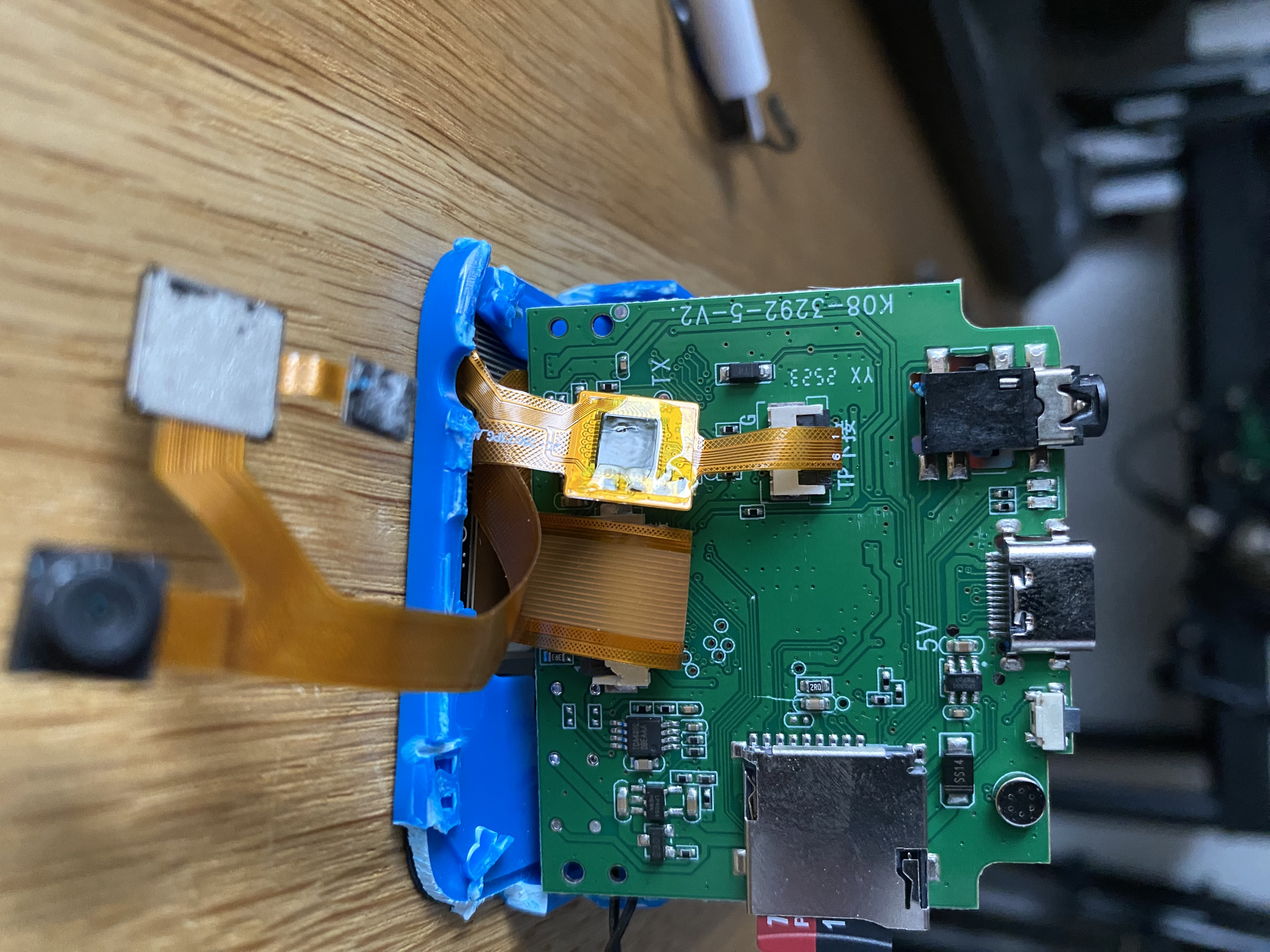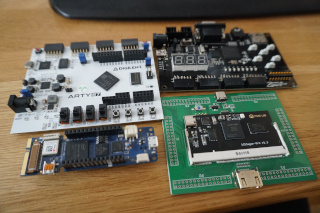Code Of Divergence5 Citizen's public domain computer
Why do we need a public domain computer ?

Save / load files on sdcard.
Write software to solve specific problem.
Trusting trust
Some Reflections on Trusting Trust. The reason why we need a simple C compiler.The programming language is not an issue until you have a decent test suite.
Make it simple but not simpler.
Funny technologies that we don't need
Operating System with NSA backdoor.AI screenshot.
telemetry on our PC.
Spectre & Meltdown.
Management Engine.
Bluetooth Low Energy "spy" like iBeacon.
Cheap IoT microcontroller with Bluetooth backdoor.
rfID transponder embeded in SoC (or in our human body...).
Internet "zero-click" attack.
Spying technics earing your keyboard, recording your camera, watching your screen, collecting metadata, and so on... on your TV, Mobile or PC.
Bad hardware : the 1999-2007 capacitor plague.
Solutions for the low-tech/low-data world:
OpenLane[12]Plasma-CPU[13]
Tiny Tapeout[14]
CH32X035
RISC-V
VHDL Tutorial[16]
Build your own silicon[18]
The Elements of Computing Systems[20]
Computer Organization and Design, 5th[21]
FPGA development tools:
OSS CAD[26]Lattice Diamond[22]
ANLOGIC tools[27]
Intel Quartus[23]
Xilinx Vivado[24]
GOWIN EDA[25]
HDL-make[28]
Arduino[29]
FPGA board with at least 8MB SDRAM or PSRAM:
GateMate FPGA Evaluation Board[37]QMtech Artix7 / Cyclone10
piswords LX16[33]
Machdyne[34]
GateMateA1-EVB[35]
MKR Vidor 4000[38]
iceSugar-Pro[39]
Tang Nano 9K[40]
Tang Nano 20K[41]
ColorLight[42]
ULX3s[43]
YADAN[44]
AX309[36]
GPDI General-Purpose Differential Interface:
HDMI[45]display port[47]
Full Hdmi in Verilog[46]
Arty S7 PMOD HDMI[48]
VGA display :
VGA[49]VGA[50]
SDRAM controller:
SDRAM[51]SDRAM[53]
SDRAM[54]
DDR SDRAM[55]
SDRAM controller[52]
SPI / SD-CARD:
SPI[56]SD-CARD[57]
SD-CARD[58]
SD-CARD[59]
SPI RAM[61]
exFAT[62]
FAT32[63]
Extension cable[60]
PS/2 Keyboard and Mouse :
Keyboard[64]Mouse[65]
RS-232:
UART[66]USB:
USB PHY[67]USB Host shield[68]
USB low speed in software[69]
Raspberry PI bare metal keyboard[70]
FYSOS usb book[71]
xHCI driver[72]
Tiny USB[73]
USB in a NutShell[74]
USB CDC verilog[75]
Bugblat USB sniffer[76]
Mini-ITX enclosure:
form factor[77]ATX[78]
Wifi:
ESP32-C3[79]ESP-AT[80]
Internet Standards:
TCP/IP[81]TLS[82]
Internet Printing Protocol[83]
HTTPS[84]
IMAP[85]
Email[86]
HTML 5[87]
UTF-8[88]
PDF 1.1[89]
CSS 3[90]
JS[91]
MD[92]
SVG[93]
GIF animation[94]
PNG, JPEG, GIF[95]
MP3 source code[96]
AU sample[97]
VOX[98]
AU[99]
FidoNet[100]
Certification
$17000 Compilance testing[101]Online shopping for a complete computer:
THIS WORK IS PROVIDED "AS IS", WITHOUT ANY EXPRESS OR IMPLIED EXTRAS.


$20 Kinderhandy (py25064ah 4c1pf1a AX3291 2520t STM32F777xx? 32.768 Gembird 1908:3283 stlink tools ali temu shein amazon ucidci )
$6 memory card
Total price of a computer: USD ~ $26
or ($100 to $150 for a "Open Source" computer which still have closed source boot firmware...).
My4TH computer, PicoCalc, T-deck, PocketMage or BerryBase could be inspiring...
